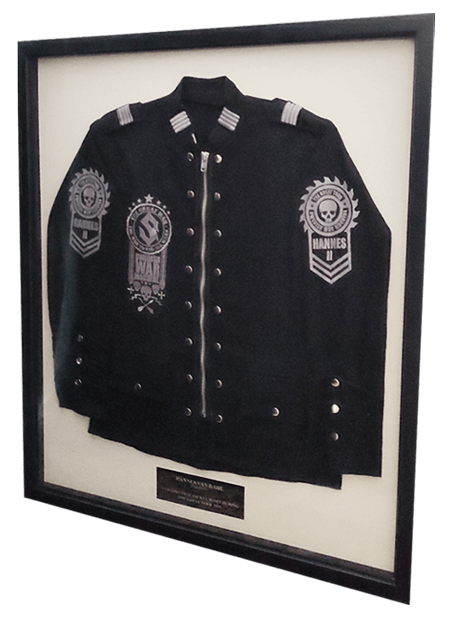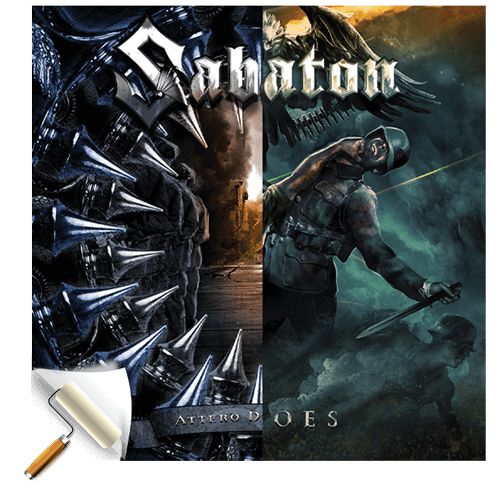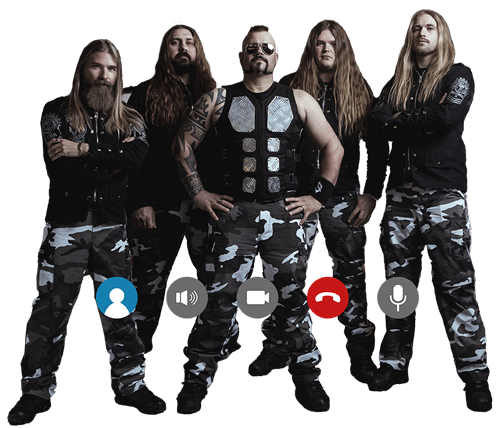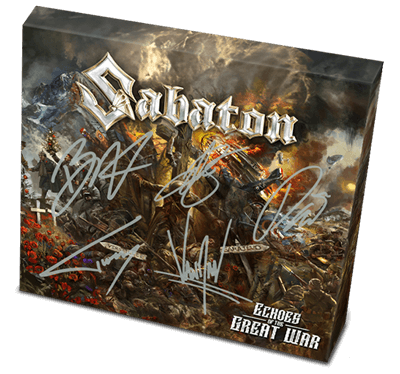In 2012 we made an album entirely dedicated to Swedish history.
We named it after one of the most iconic kings ever to sit on the throne of our country, Karl XII, more known as CAROLUS REX.
Carolus Rex was killed in 1718 at Fredrikstens Fortress in Norway during a siege and 100 years of the Swedish Empire came to an end this dark night in November.
Now, in June 2017 Carolus Rex will return to this legendary fortress for a unique night when we in Sabaton will perform our entire album dedicated to the the rise and fall of the Swedish Empire.
See Carolus rise!
Tickets for this, and all other Sabaton shows, is available here in our tour section!
Historic fact about Carolus Rex:
Charles XII, also known as Carolus Rex, became King of Sweden on 5th April 1697 at the age of 15, following the death of his father Charles X1.
The Great Northern War broke out in February 1700, as neighbouring countries planned to take back territories that they had lost during the swedish expansion of the 1600s. Sweden was attacked on three fronts: by Peter The Great in Russia, Augustus The Strong in Saxony/Poland and Frederick IV in Denmark.
They were all convinced that Sweden, led by an inexperienced teenage King, would be easy prey. However, the young King, by then 18 years of age, quickly lined up several victories.
The quiet but determined King had been brought up to rule as an absolute monarch. Many of his closest officials and high ranking officers found him hard to understand but he was loved by his soldiers. When they attacked, he was often in the first rank.
Charles XII’s bravery, quick wits and unusually good tactical eye made him an outstanding leader in pitched battle. His exceptional ability to infuse courage into his soldiers was another strong contributing factor in the initial triumphs and his army’s high morale in battle.
However, he could also appear harsh and callous. A macho culture predominated in his circles, where showing feelings like grief and pain were out of the question.
The Swedish army’s treatment of both the civilian population and prisoners of war in Poland and Russia was sometimes extremely cruel.
With the King’s consent, there were merciless reprisals – including the torture of children – and mass executions.

























